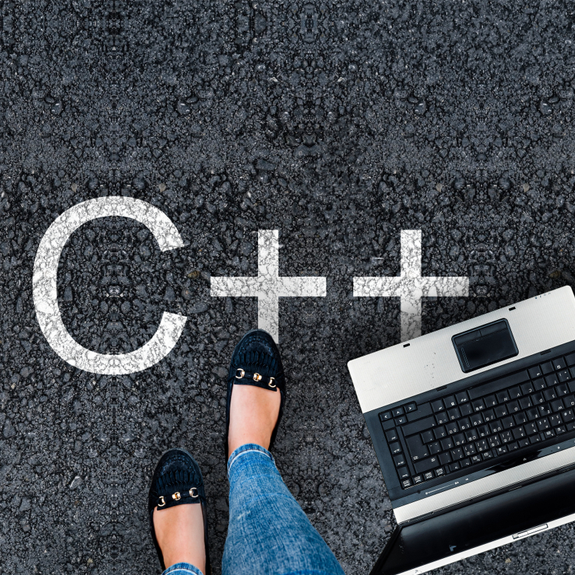C++ Programming Training Overview
Value Learning offers comprehensive C++ Programming training courses at both Ameerpet and Kukatpally (KPHB), Hyderabad. Our programs are meticulously designed to provide a comprehensive understanding of Object-Oriented Programming (OOP) and advanced programming concepts, building on foundational C knowledge.
C++ is a powerful, high-performance, multi-paradigm programming language, an extension of C, widely used in system programming, game development, financial modeling, high-frequency trading, and operating systems due to its efficiency and control. Our expert-led training covers a smooth transition from C, in-depth exploration of core OOP concepts like classes and objects, inheritance, polymorphism, abstraction, and encapsulation. You will master constructors, destructors, operator overloading, templates, and the powerful Standard Template Library (STL), including various containers (vectors, lists, maps), algorithms, and iterators. The curriculum also includes exception handling and file I/O, with a strong emphasis on writing efficient, performant, and memory-managed code. This makes C++ a versatile language for performance-critical applications and a cornerstone for understanding modern software architectures.




